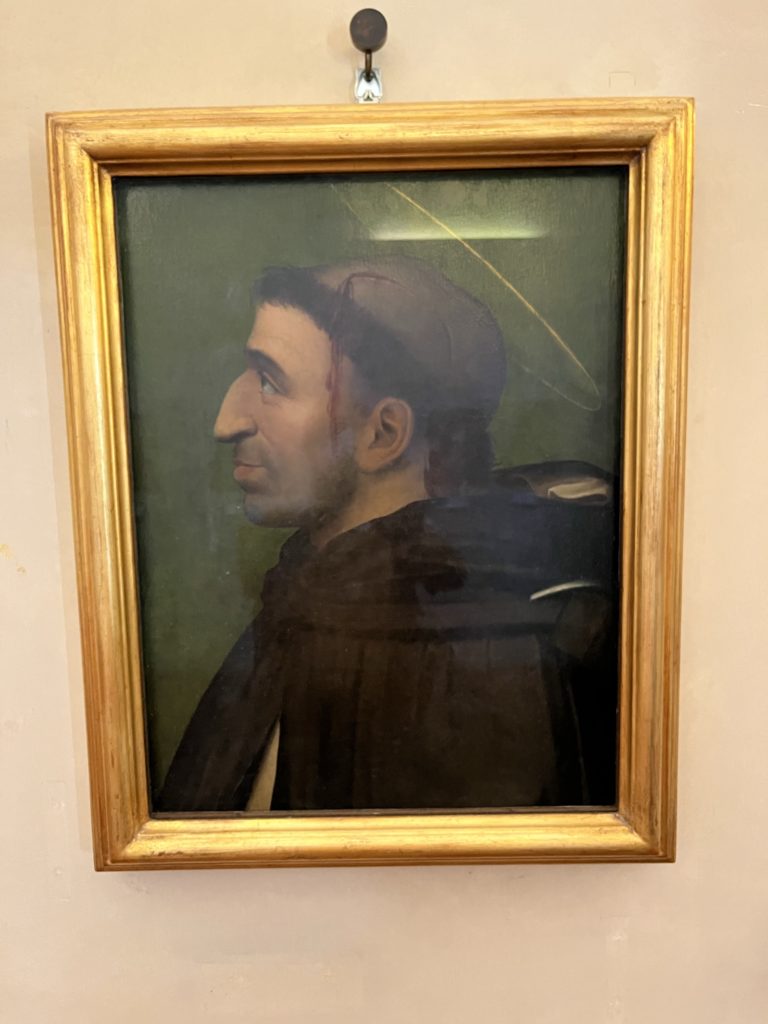
If you have never journeyed vicariously with the GSB Team on a study tour, I encourage you to do so, starting tomorrow.
There are four reasons you should check in every day for the next 14 days.
First, you will travel with us vicariously. Sure, you may still have to go to work every day; your summer may be over and the kids back in school.
But there is no law against imaging yourself on a journey to a far-away land every morning for 3-5 minutes. There is no law against it unless, of course, you are driving a car or operating other heavy machinery. Augustine of Hippo (not Canterbury) said the world is a book, and those who don’t travel read only a page. But if you read this blog every day for the next 14 days, even if you don’t physically travel, you will have read at least two pages.
Second, if I do my job you should be able to use each blog post as a devotional. So, bring your Bible or your phone. If the Lord anoints what I write, who knows what He might do in you. If you don’t like devotionals, you are at the right place. I don’t like devotionals either, and I never use them. But this will not be like any devotional you have read. There will be Kingdom history, commentary on the lives of men and women who changed the world for King Jesus, and the foundation of it all will be the Word of God, which is sharper than a two-edged sword and able to cut between soul and spirit, joint and marrow, and judge the thoughts and intentions of the heart. Hebrews 4:12.
Continue reading “England Travel Journal – Prologue”


